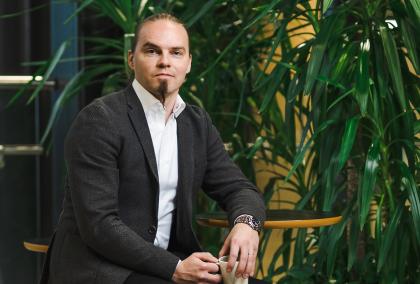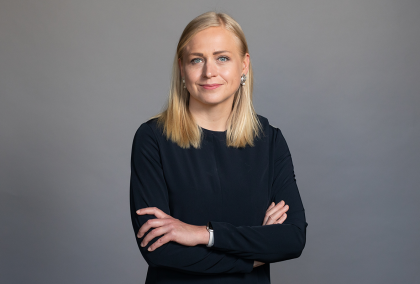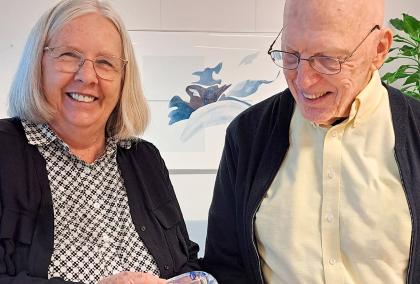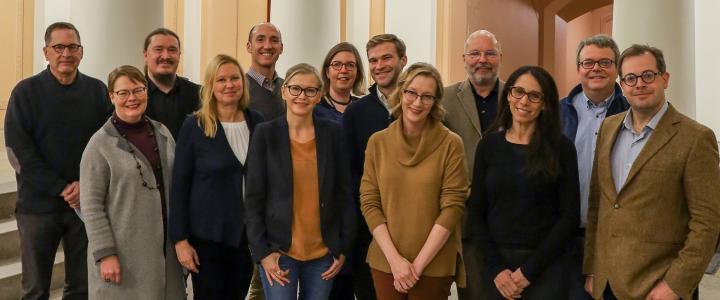

The search for proper solutions begins with a clear understanding of the nature of the problem. As one of the three inaugural awardees of the Fulbright Finland Foundation’s Seeking Solutions for Global Challenges Award, and the first awardee on the ground in 2021, I was mindful of the need to have a clear understanding of the problem that brought me to the University of Helsinki: What accounts for the erosion of liberal democracy around the world? As Sweden’s V-Dem democracy research institute at the University of Gothenburg notes in its Democracies Report 2021, “The level of democracy enjoyed by the average global citizen in 2020 is down to levels last found around 1990.”
To address this question, I worked with Professor Kaius Tuori, director of the Centre of Excellence in Law, Identity and the European Narrative (EuroStorie CoE) at the University of Helsinki. Professor Tuori is himself a Fulbright Finland alum (New York University, 2007).
Funded by the Academy of Finland, EuroStorie CoE investigates the crisis of popular support in Europe for liberal ideals. “Liberal” here means the Enlightenment-inspired ideals of individual rights, popularly accountable government, and tolerance, what philosopher Karl Popper called the open society. With its broad approach to understanding the crisis of liberal democracy, EuroStorie has been the ideal home for me in Finland, and Professor Tuori the ideal companion in the exploration of the strains felt by democracies on both sides of the Atlantic.
We situated our analysis of this crisis in the democratic theory literature, especially the work of Harvard political historian Daniel Ziblatt. He observes that powerful social, economic, and cultural institutions, when allied with center-right or conservative parties, help champion “cross-cutting cleavage issues.” Highly emotional issues, he observes, help conservative parties win elections by building cross-class coalitions. For British Tories in the early 20th century, support for the monarchy and the Church of England worked in this way.
Yet issues such as these can, in some cases, get out of hand, pulling a party into extremist terrain. We can think of contemporary identity narratives in the U.S. and Europe as “cross-cutting cleavage issues.” Race, gender identity, and immigration are at the top of the list. Extant literature suggests contemporary political extremism, perhaps especially in the U.S., regularly involves emotional narratives that cast political differences in apocalyptic religious terms. Political discourse has taken on Millenarian overtones and given rise to White Christian Nationalist movements.
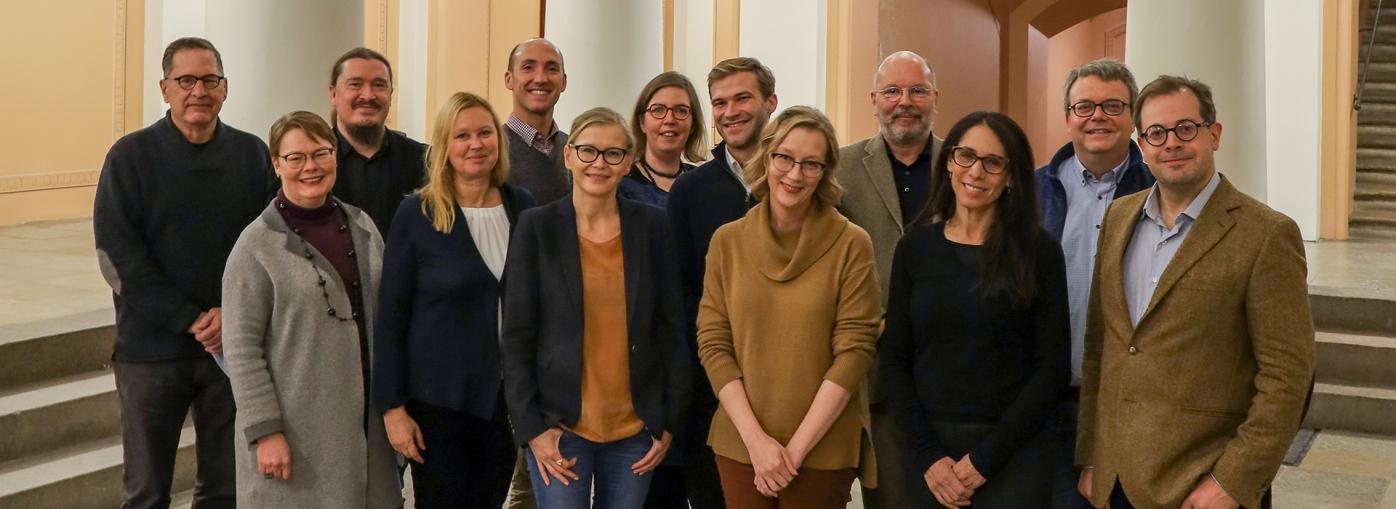
Our investigation culminated in a December workshop supported by EuroStorie. It brought together leading scholars from Finland, the United States, the United Kingdom, and Germany for two days of presentations and dialog about the role of religious narratives in liberal democracies. What did we conclude? Illiberal narratives – disinformation and conspiracy theories – are usually resistant to “fact-checking” solutions. One cannot correct religion-like convictions with facts alone. Convictions run much deeper, serving as a source of meaning and purpose for those who hold them. The solution for our current crisis in liberal democracy is found in building just and equitable societies that look a great deal like Finland.
